I wasn't the only one worried that LGBT issues would be nowhere to be found in the upcoming general election. But I'm glad to see I was wrong, and we can thank the Indiana legislature and Gov. Mike Pence for resuscitating the dialogue around equality for queer people.
Marriage equality is washing over so many states, the polls show popular support for it, and there's likely a Supreme Court decision coming in June that would settle the issue once and for all. Consequently, many advocates and politics watchers figured that LGBT equality is a more or less settled matter, at least in the minds of many Americans. The fear that arises from that assessment is that allies, donors, and pundits would drop our issues. If legal inequality is an issue soon to be relegated to history, the presumption goes, what's left to discuss?
I was preparing to write an essay -- now essentially a moot topic -- about the mid-February decision of Equality California to endorse Hillary Clinton for president, well before she was a declared candidate. I viewed this as a bad decision in keeping with the argument against Hillary not being challenged by other
Democrats: If Clinton is anointed without a primary battle, she won't be pushed from the left, which is where we typically find our champions.
There were mutterings that Jeb Bush might be cool with the gays, perhaps recognizing that so many
Republicans of his generation are out of touch with younger would-be voters of all parties on marriage equality.
But no challenge from the left plus no daylight between Bush and Clinton on marriage equality would equal silence on LGBT rights.
Then Mike Pence stomped in like a knight in rusted armor. Indiana's RFRA 1.0, which Chadwick Moore writes about in
"The Backlash," was an unprecedented self-inflicted wound for the state. It highlighted the craven religious right's desire to injure LGBTs, but more significantly, it was a litmus test for the GOP presidential candidates. Each front-runner who voiced his opinion supported the anti-gay RFRA. Hillary tweeted a shaming, and corporations walked
en masse.
Thanks to Indiana, America re-awakened to the idea that there are no federal protections for LGBTs in America in employment, health care, housing, public accommodations, or voting rights; that marriage equality is not a stand-in for LGBT rights; in many states you can be married on Saturday and fired on Monday for being gay (and even more states if you're
transgender); that religion is being used as a cudgel to beat up LGBTs in the absence of the criminalization of homosexuality itself.
I predicted in The Advocate's endorsement of Barack Obama as president that no Democratic presidential nominee would ever again oppose same-sex marriage. The support for marriage equality was officially added to the platform at the 2012 Democratic convention, though not without a lot of wrangling. With only a few outliers, the Democrats have essentially become unified in support of LGBT rights. And whereas the right wing once used LGBT issues as a wedge to divide Democrats, the converse is now being done. It's the GOP that is fracturing, though you might never know to look at the GOP slate of presidential options.
In a past letter I wrote that the backlash -- a public, substantial, anti-LGBT response to the majority support for marriage equality -- was not real, or at least not evident. But the backlash is underway. It has support among key Republican figures, and our rights are still a viable issue in national politics. The war is not won, but the pro-LGBT backlash to the backlash was there to prove me wrong in the best way.
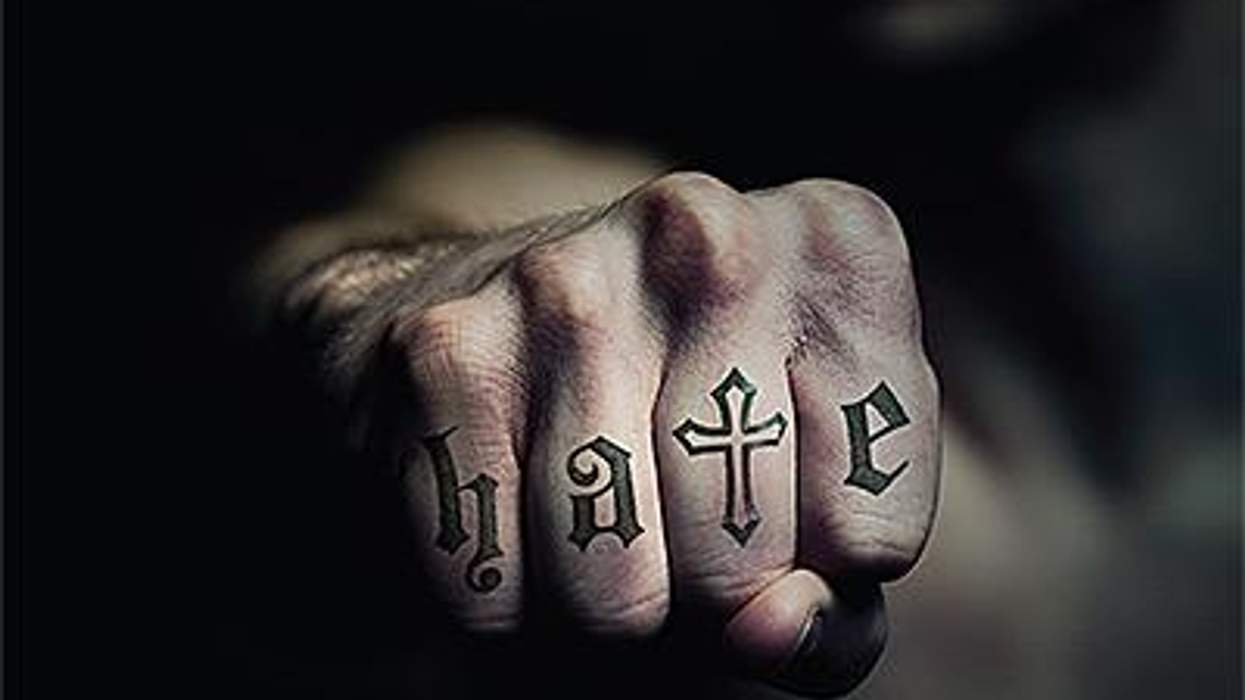






















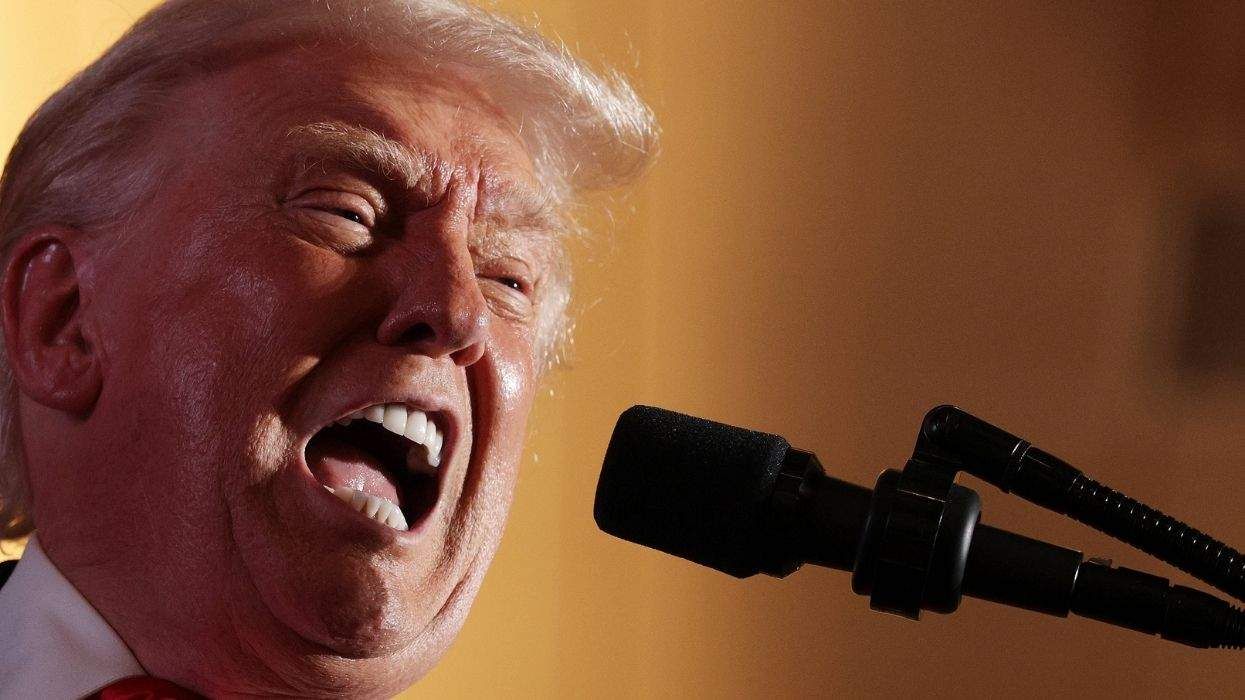

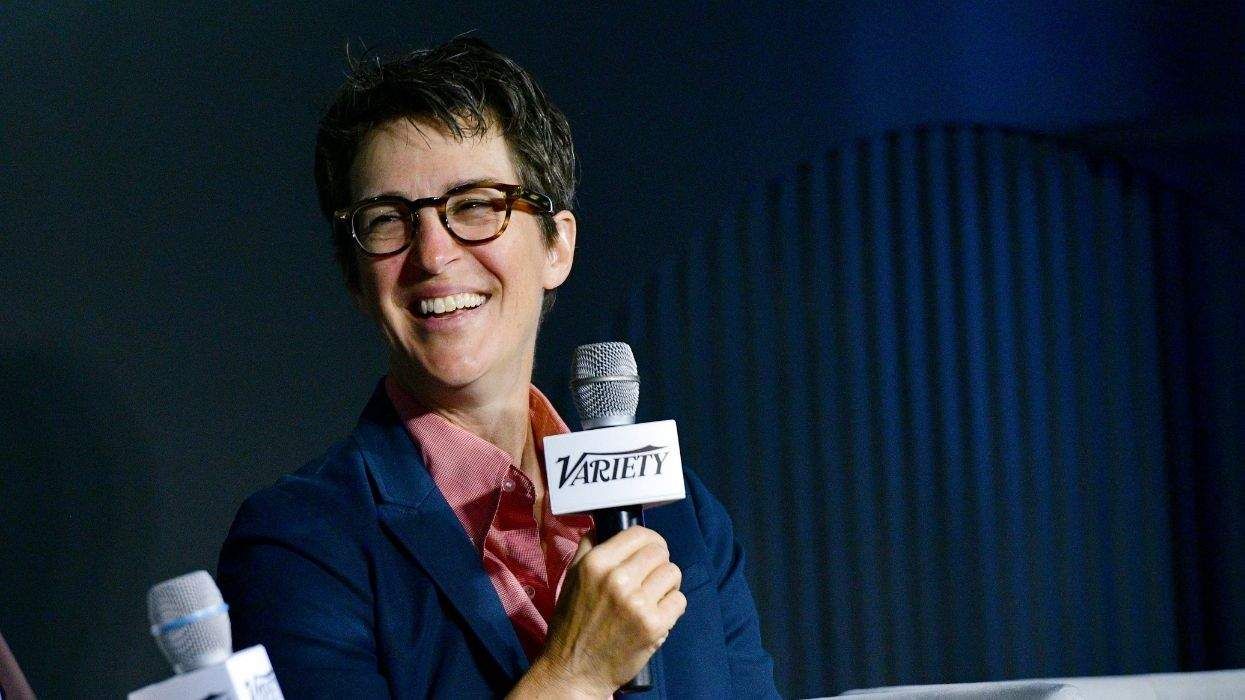
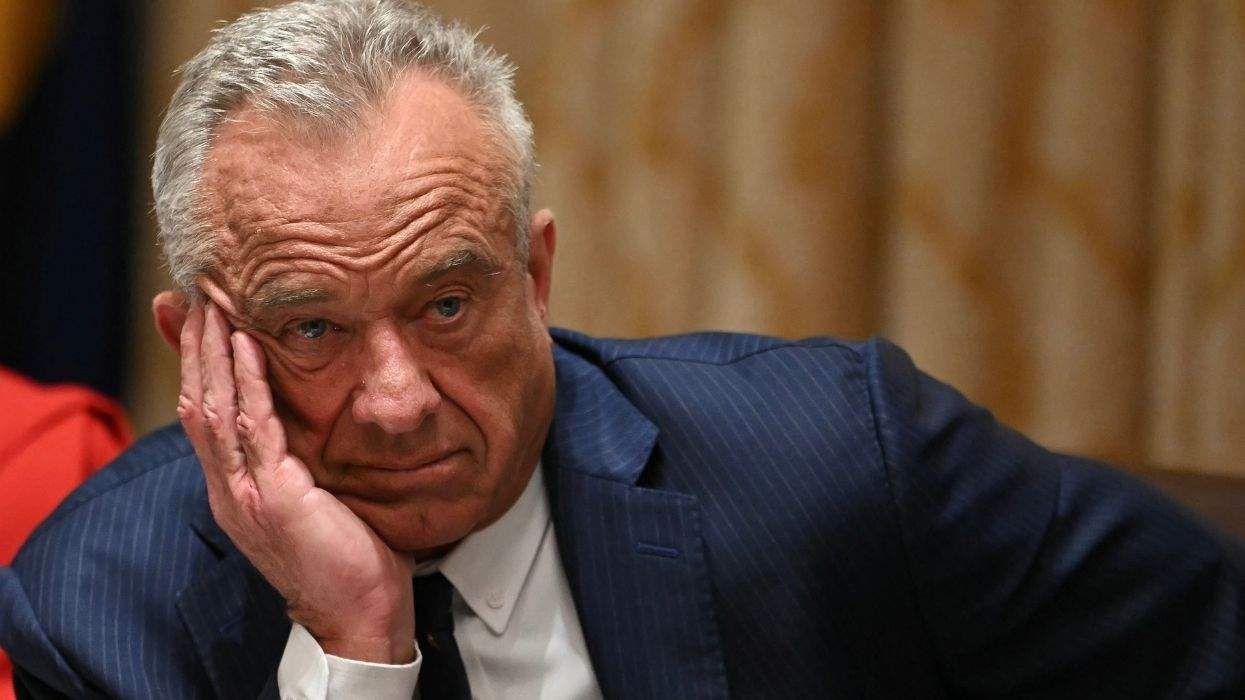

























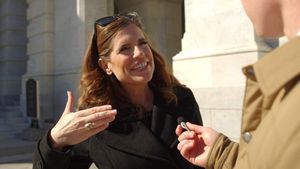














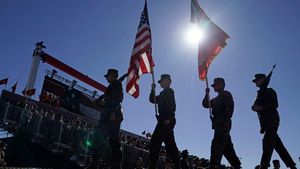
Charlie Kirk DID say stoning gay people was the 'perfect law' — and these other heinous quotes